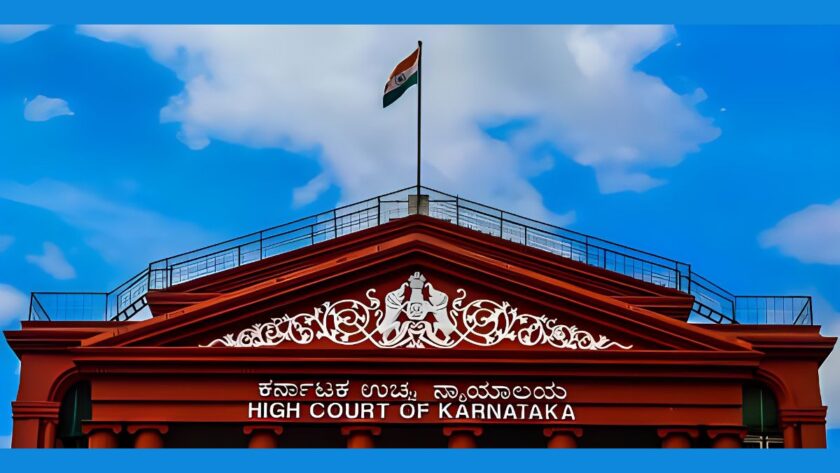The Karnataka High Court’s recent ruling underscores the authority’s stance on the validity of law degree certificates. In a significant legal decision, the court nullified the Karnataka State Bar Council’s rejection of enrollment for a government servant who pursued legal studies while in service. This ruling, delivered by Justice Ashok S Kinagi, highlights the court’s emphasis on procedural fairness and adherence to established legal principles. By setting aside the Bar Council decision, the court reaffirmed the sanctity of academic certificates issued by recognized institutions. The case sheds light on the intersection of administrative decisions and legal rights, particularly concerning professional qualifications and eligibility for enrollment as legal practitioners. The judgment underscores the importance of upholding due process and protecting individuals’ rights to pursue education and professional endeavors without undue scrutiny. It also serves as a precedent for future cases involving similar challenges to academic qualifications in legal contexts.
Karnataka High Court Sets Aside State Bar Council Order Refusing Enrollment

The Ruling
The Karnataka High Court has overturned a decision by the Karnataka State Bar Council. The council refused enrollment to a government servant who pursued a law degree while in service. The applicant sought enrollment after retirement but faced rejection due to lack of documents proving attendance in college classes.
Judicial Decision
A single judge bench, led by Justice Ashok S Kinagi, allowed the petitioner’s plea. The court quashed the State Bar Council’s order and directed reconsideration of the enrollment request.
Legal Rationale
The High Court emphasized that questioning a certificate’s validity is beyond the council’s jurisdiction. It warned against opening avenues to challenge certificates years later based on technicalities like attendance or exam performance.
Background
The petitioner served as a Typist in the Principal Civil Judge (Sr.Dn.) & CJM, Bidar. After retirement as an Assistant Registrar, he pursued an LLB degree with approval from authorities. The Gulbarga University issued provisional and convocation certificates upon completion.
Legal Arguments
The petitioner argued that the university’s issuance of certificates deemed him eligible. Conversely, the Bar Council contended the petitioner lacked eligibility due to inadequate class attendance proof.
Court’s Analysis
The bench scrutinized records and found the petitioner met examination criteria set by the college and university. The court upheld the presumption of eligibility conferred by university-issued certificates.
Judicial Pronouncement
The High Court concluded that the petitioner’s certificates, issued by a certified institution, were valid. It deemed the Bar Council assertion of his ineligibility unsustainable.
Legal Representation
Firstly, Advocate H.L.Pradeep Kumar represented the petitioner. Secondly, Advocate Sridhar Prabhu represented respondent No. 2. Thirdly, Advocate Nataraj G represented respondent No. 1.
Read More
- Shia Waqf Council claims the verses promote terrorism
- Himachal High Court: Landmark Ruling on POCSO Cases and Compromises
- Himachal Pradesh High Court Emphasizes the Crucial Role of Section 311 CrPC
Citation Details
- Case Title: Shelhan AND Karnataka State Bar Council & ANR
- Case No: Writ Petition No 11806 OF 2020

